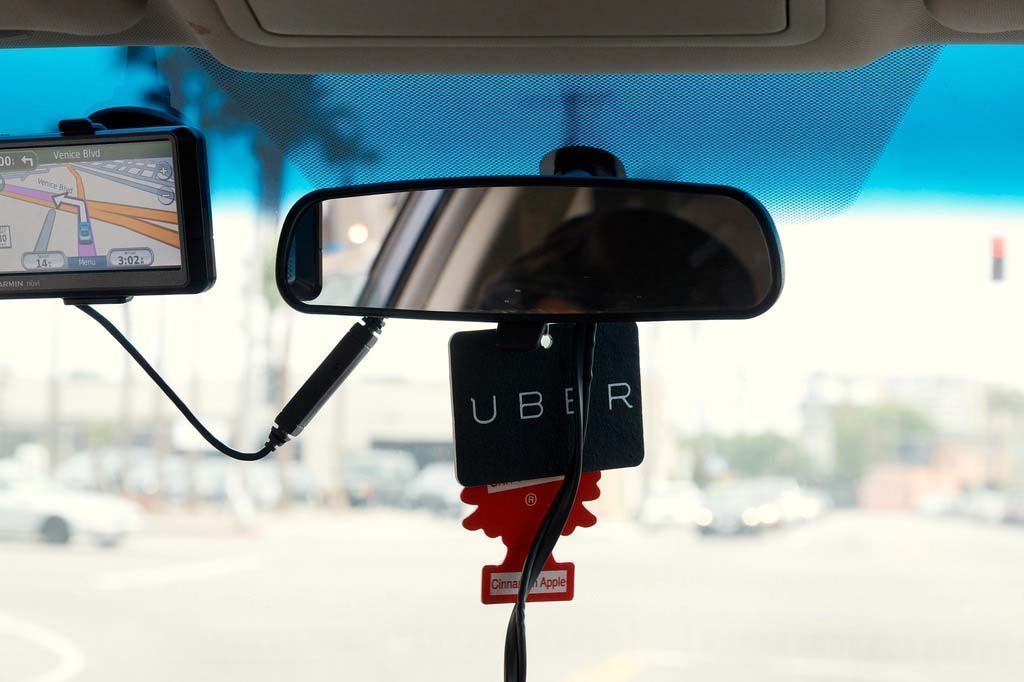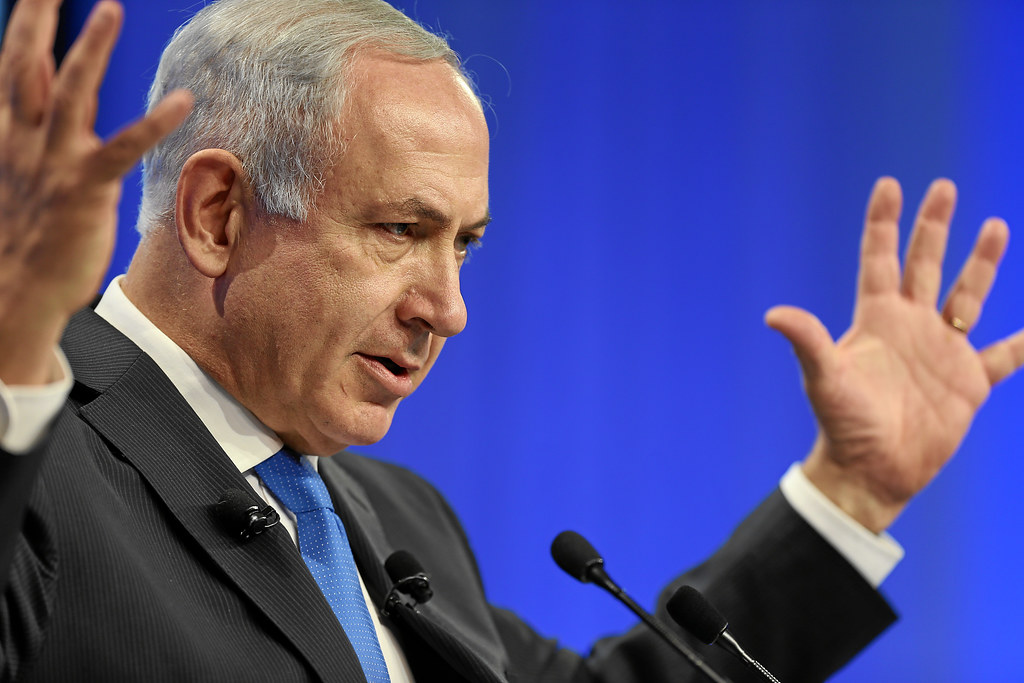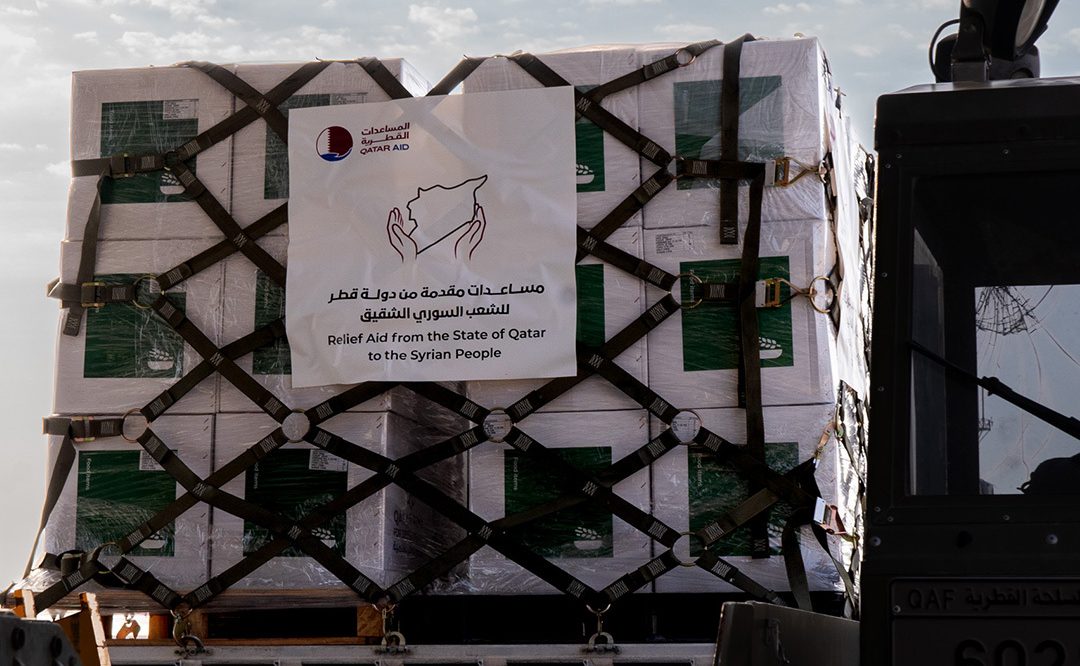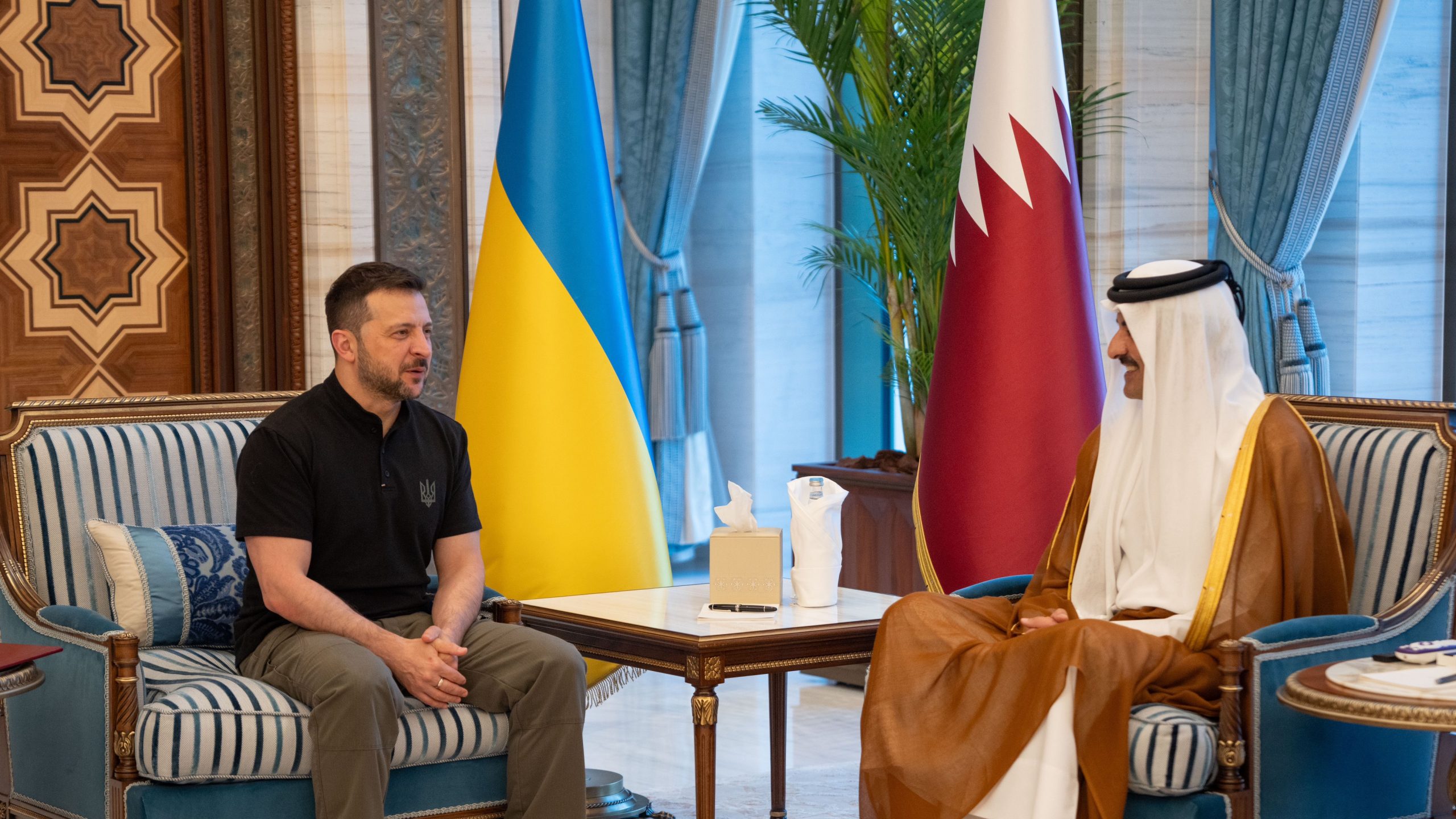
In what it said is an effort to get more customers, Uber in Doha has reduced its average taxi fares for journeys around town by 15 percent.
The technology company announced the change yesterday in an email to riders.
Speaking to Doha News, an official said that it has reduced its charges across all three components of its pricing model, cutting its base rate from QR4.5 to QR4, its charge per kilometer from QR1.5 to QR1.2 and its per-minute fee from QR0.65 to QR0.55.
This means that trips around the city will be between 15 and 20 percent cheaper than previously, which Uber hopes will help increase its passenger base.

As an example, a journey from Souq Waqif to The Pearl-Qatar will now cost QR43 (down 17 percent on the previous QR52 average charge), while a trip from West Bay to Hamad International Airport will cost approximately QR8 to QR38 less than previously, the company said.
Chris Free, general manager for Uber in the UAE and Qatar, told Doha News that the aim of the reduced prices was to get its existing drivers more fares and ultimately make them and the company more money.
“In the majority of cities where we have done a price cut, driver earnings stay consistent or improve. We are doing this to increase driver earnings and cut prices for customers.”
However, at least one Uber driver who asked not to be named said he was skeptical of the plan.
“It’s not good, it’s very bad. It will be less money,” he said.
Income guarantee
Free said the new pricing system will be tested out over the coming eight weeks to see if it does boost ridership and driver earnings.
He added that in the meantime, drivers would be given “incentives and guarantees.”
“We will guarantee drivers a certain amount of money or we (Uber) will make up the difference. We promise this to all drivers in Qatar.
“We are not trying to get one over on the drivers… we are trying to make them more money,” the official added.
Since Uber launched in Qatar in late 2013, the number of drivers has increased, although Free declined to confirm the total number of drivers now working with Uber.
“We have hundreds (of drivers). We wouldn’t say the number we have – it’s commercially sensitive information,” he added.

Uber does not directly employ drivers but provides technology (through a smart phone) for those already employed by licensed limousine companies.
Most work part-time with Uber, which collects a 20 percent commission as a service fee for each ride.
Customers create online accounts by providing a credit card number and can either download a mobile app or visit the firm’s website using a smartphone.
Using the GPS co-ordinates of the client’s phone – as well as those inside nearby vehicles – Uber dispatches drivers to the customer’s location and provides an estimate of how long it will take for the car to arrive.
Fares are charged to the customer’s credit card.
In December 2014, Qatar’s sovereign wealth fund the Qatar Investment Authority (QIA) bought a stake in Uber.
Fare prices
The company became a rival to Dubai-based taxi tech firm Careem, which launched in Doha earlier in 2013, as well as the turquoise Karwa cabs.
While the separate firms use different methods to calculate their fares, journey prices for Uber and Careem have been broadly similar.
An estimation (using the companies’ online fare calculators) of a weekday morning journey from City Center mall to Souq Waqif puts Careem at around QR21 and Uber at QR17-21.
Meanwhile, a trip from the Industrial Area to Souq Waqif would cost around QR52 with Careem and around QR39-51 with Uber.
By cutting fares, Free said he hoped more people would be encouraged to use Uber on a regular basis, perhaps even dropping their car when driving around town.

“In Doha, people tend to take a couple of trips a week. We want them to increase this to four or five journeys a week. If their journeys are cheaper, maybe they will start to think – do I need to drive a car, or can Uber become my primary mode of transport.
“If we can start to take cars off the road, that would make a difference to Doha.” he added.
Filipina employee Rose Herrera said the lower prices would encourage her to try out Uber, rather than take Karwa cars.
“If the journey is QR5 or QR10 cheaper, that would help. I take taxis a lot at the weekend – if I am taking three taxis in a day, that makes a difference. And I like the idea of safety – I know who the driver is, which you don’t know with Karwa,” she added.
Thoughts?







